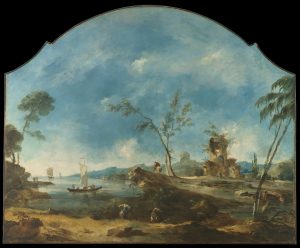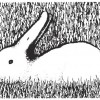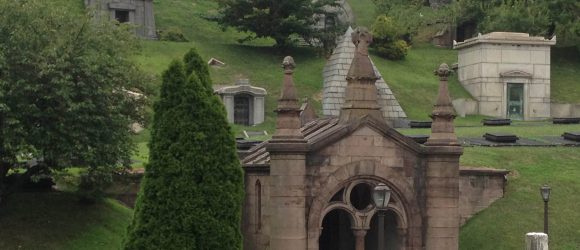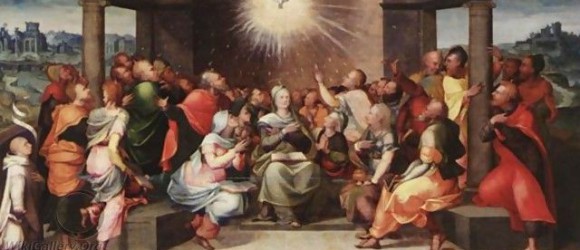Recent Fiction Publications
- At September 05, 2018
- By Bob Howe
- In Blog Posts, Fiction, News
 0
0

Francesco Guardi, Fantastic Landscape (c. 1765), from Wikimedia Commons.
The Cartographer of Dreamland
This is me at twelve years old, running for all I’m worth up Classon Avenue, bookbag under one arm, with Kevin Lester and three other bullies in close pursuit. They’re mostly bigger than me, and the only reason they haven’t caught me yet is because I had a half-block head start from the Nativity School gate.
Read the Full Story at The Piltdown Review.
Pinocchio’s Diary
Of all the tools father uses to make me, the chisel is the cruelest. Long after he has had his Ciró and retired for the evening, I lie on my bed of shavings, my half-formed body criss-crossed with burning gouges. In the small hours I finally drift into a kind of stupor, my head full of the scent of resin that seeps from the cuts.
she has been dancing forever
- At February 15, 2017
- By Bob Howe
- In Blog Posts, Fiction, News
 0
0
He stands on a January hilltop in Green-Wood Cemetery, chilled in a navy peacoat, and tries not to think too hard. She told him to meet her at the Marcoux family mausoleum, after 3 a.m. He waits motionless in the frigid night, with a long patience cultivated in Rockaway lifeguard chairs.
Emil Marcoux, the family patriarch interred within, had been mauled to death by a circus lion in Bernardsville, New Jersey, in 1927. Witnesses told the Somerset County Bugle that the lion had bounded up nine rows from the ring, directly at Marcoux Père, who shouted “Karl Friedrich May!” at the moment of his death. Rather more recently, someone painted, “Visit Mordor before Mordor visits you,” in heavy black Gothic letters on the mausoleum’s chalky side.
Read the full story at The Flatbush Review
The Gift of the Pentecost
- At May 24, 2015
- By Bob Howe
- In Blog Posts, Fiction
 0
0
Trust thyself: every heart vibrates to that iron string.
Ralph Waldo Emerson
I was reading Cynthia Ozick’s rapturous review of Harold Bloom’s latest book today (at least I think it was rapturous) and I realized that I have almost no interest in anything Bloom has to say.
The older I get, the less sure I am of anything: my summary judgments have been wrong often enough–whether from bias or incomplete information or both–that I am disinclined to proclaim any universal truths. Paradoxically, I have also become more and more of a literary Protestant: I believe less and less that we need critics and professors of English to translate books for us. I believe in the primacy of the scripture, as it were, and a priesthood of all readers.
There are things to be learned from experts, to be sure, chief among them the historical facts and contexts, and the literal meanings of archaic expressions and language, but what I increasingly resist–mulishly and possibly irrationally–is anyone else’s interpretation of a piece of literature, great or small, or in fact anyone else’s definition of what is great or small literature.
What books are great, and what great books mean, comes down to a matter of taste. Past a certain point (possibly fifth grade and certainly puberty), one should begin to know that taste and truth are not the same thing. There are certainly many books in the Western Canon that I would agree are great, but if the existence of the Canon is the result of some pseudo-Darwinian winnowing of literature, let’s not ignore the highly contingent nature of book publishing, the perfidious tastes of editors and critics, and the effect of politics, national and literary, in shaping the gene pool.
The stakes here are not about whether one is “right” or “wrong” about Shakespeare or Milton or David Foster Wallace: they are much higher than that. The stakes are whether one remains open to possibility or not, whether one finds something new and resonant in those authors, rather than the conventional wisdom. The stakes are whether one finds revelation in literature, or just secondhand liturgy, dull and lint-flecked from riding in the coat pockets of salarymen priests.
 Once you’re told the correct interpretation of a book, it is very hard to back out of that understanding and come to your own. The problem is akin to looking at those images with hidden figures in them: once you’ve seen the recumbent duck, you can’t un-see him.
Once you’re told the correct interpretation of a book, it is very hard to back out of that understanding and come to your own. The problem is akin to looking at those images with hidden figures in them: once you’ve seen the recumbent duck, you can’t un-see him.
Very often religious teachings are a metaphor for some deeper understanding of the world. I’d like to think that Acts is an echo of the quickening of language in humans: once the Holy Spirit descended upon us, our speech became mutually intelligible. Authors can speak to us directly, without priestly intermediaries, if only we trust ourselves to understand them.


